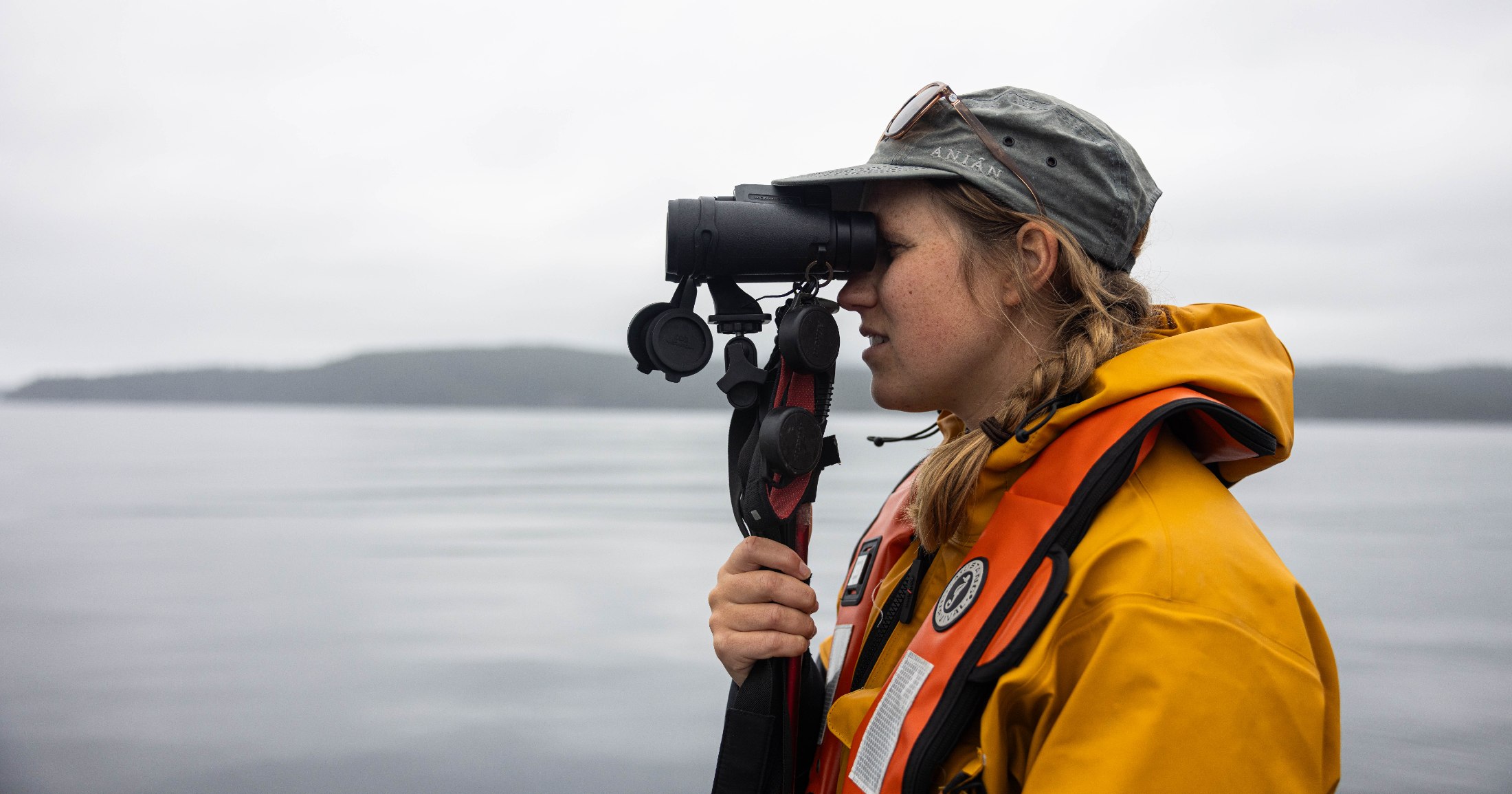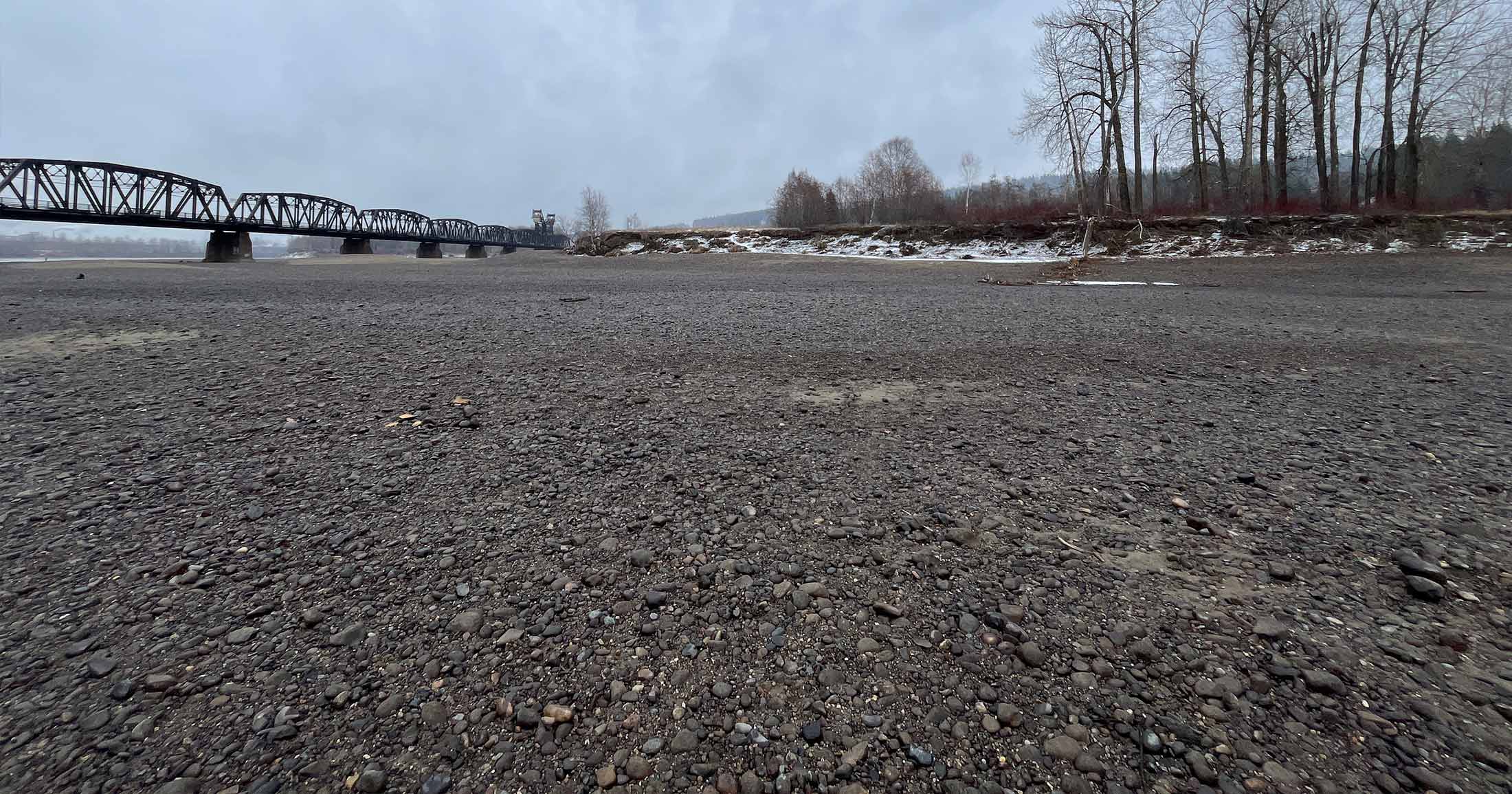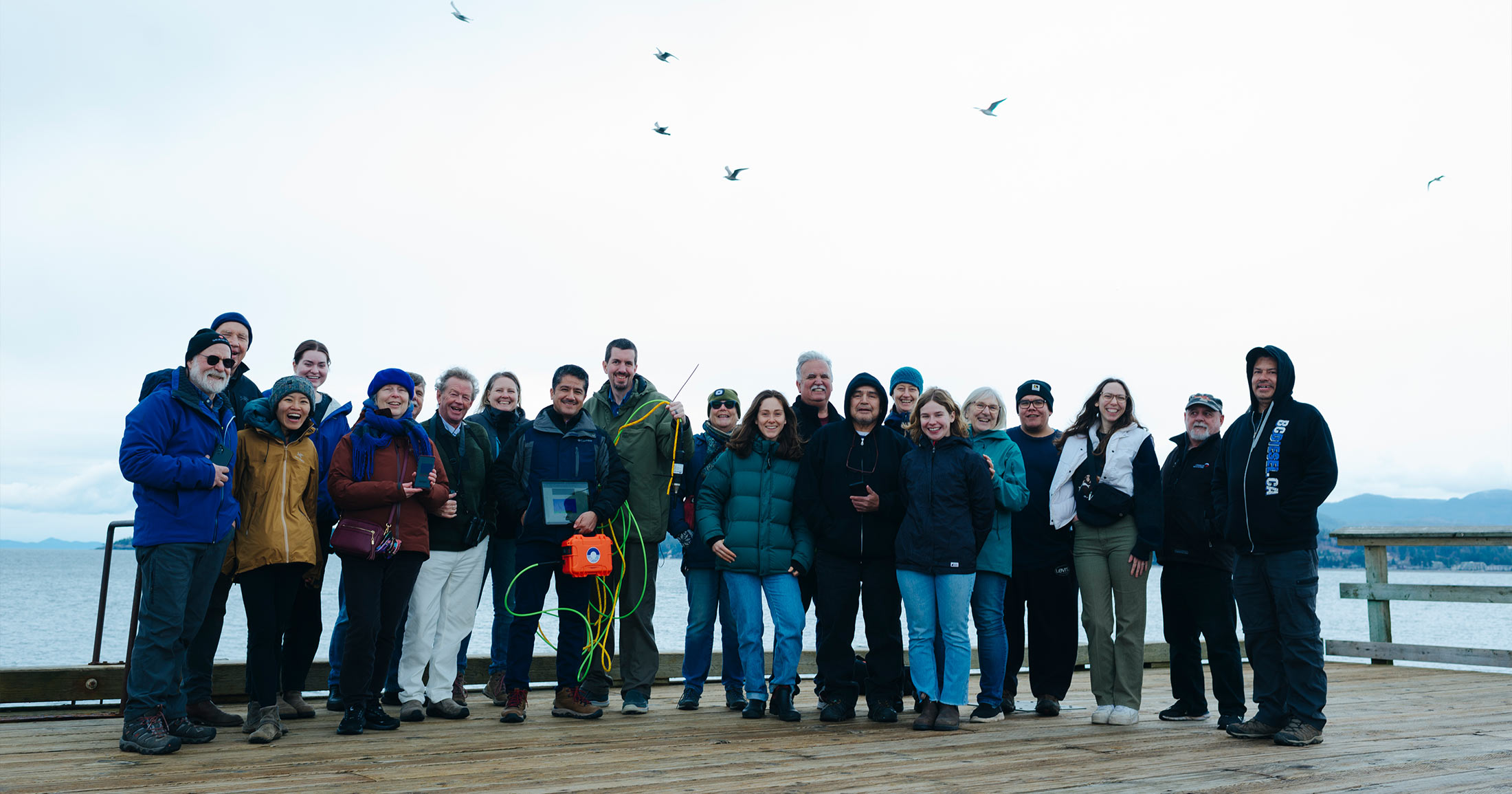B.C. Liberals show a paler shade of green
Idea that Liberal victory was due to climate policy is just plain silly
By Chris Genovali,
Special to the Times Colonist, May 22, 2009
Counterpunch, May 23
Reflecting on the noise of the just concluded provincial election, an amusing turn of phrase that appeared on the American political blog Firedoglake.com comes to mind: “Yea, Though I Walk Through the Valley of Dumb, I Shall Fear No Idiocy.”
The pithy title of a commentary on the truly bizarre reaction amongst the U.S. right-wing to the nascent presidency of Barack Obama, it seems more than appropriate as a summation for what has just occurred in British Columbia.
According to the punditry and analysis by some media commentators and environmentalists, the B.C. Liberals’ three-peat can be, in part, attributed to support for their climate change policy, specifically the carbon tax.
One has to wonder whether this particular post-mortem spin is due to the general facileness of election reporting, an inflated sense of influence endemic to certain activists or simply wishful thinking.
To paraphrase Cuba Gooding’s character in the movie Jerry Maguire, show me the polling!
An April poll done by Robbins Research concluded that 37.5 per cent of the survey respondents supported the carbon tax, while 50.5 didn’t support it and 12.5 per cent were undecided.
This wouldn’t appear to bolster claims by media and environmental pundits that the carbon tax played a formidable role in the election.
Likely, a more realistic assessment of the outcome on May 12 is that the B.C. electorate voted for the status quo as a result of fear and anxiety about an uncertain economy, coupled with a lacklustre campaign by the official opposition.
Examining the B.C. electoral map, it is evident that the relatively few (small-l) liberal and pro-environment enclaves of the province went to the NDP.
The notion that the principally conservative regions of the Interior and Fraser Valley, as well as the swing ridings in the Lower Mainland, were delivered to the Liberals because of some sort of overriding concern for the ruling government’s climate change action plan might be the silliest the “silly season” has had to offer.
It’s regrettable the carbon tax became such a political lightning rod during the election as it diverted attention from the real issues at hand such as substantively addressing climate change, protecting the coast from a potential Exxon Valdez-style disaster and halting the decline of the lifeblood of B.C.’s coastal ecosystems — wild salmon.
Yes, B.C. does need a carbon pricing system, but one that is aligned with a suite of policies and initiatives that work in concert, not in contradiction. The fact remains there is a stark disconnect between the government’s implementation of the carbon tax and its continued support for intensive fossil fuel development.
Backing everything from offshore oil drilling to coalbed methane development, the province is also pushing for the revocation of the 35-year oil-tanker moratorium on B.C.’s coast and the construction of the Northern Gateway pipeline into Kitimat. These are not the stances of a government that is serious about tackling climate change, not to mention being highly inconsistent with the stated intention of the carbon tax.
Government has a wide range of potential carbon-reducing tools at its command, including cap and trade regimes, taxes on fuels, management of forestry and agriculture, regulations on power generation and energy efficiency, and subsidies for renewable energy and improved technologies.
As essential as it is, however, reducing emissions will not be enough. The fossil fuels burned up so far have already committed the world to a serious amount of climate disruption, even if carbon emissions were somehow to cease overnight.
The latest scientific research suggests that even a complete halt to carbon pollution would not bring the world’s temperatures down substantially for several centuries.
On her Zero Carbon Canada blog, Tzeporah Berman states that “Canadians dodged a bullet in the B.C. election. B.C. will not be rolling back…carbon pricing.”
One is reminded of the old saw, be careful what you wish for.
The price to be paid for dodging the “axe the tax”bullet is that British Columbians now have the equivalent of an intercontinental ballistic missile pointed at their collective heads with Premier Gordon Campbell’s “energy corridor” plan about to be unleashed on a largely unsuspecting citizenry.
Regarding the proposed industrialization of the coast, don’t be surprised when the government tries to “turn up the crazy and break off the knob,” as Stephen Colbert is wont to say.
Having put an inordinate amount of emphasis on rescuing the carbon tax, the environmental movement in B.C. comes out of this election a paler shade of green as it just might have cut off its nose to spite its face.
Chris Genovali is the executive director of Raincoast Conservation.
Support our mobile lab, Tracker!
Our new mobile lab will enable the Healthy Waters Program to deliver capacity, learning, and training to watershed-based communities. We need your support to convert the vehicle and equip it with lab instrumentation. This will allow us to deliver insight into pollutants of concern in local watersheds, and contribute to solution-oriented practices that protect and restore fish habitat.









